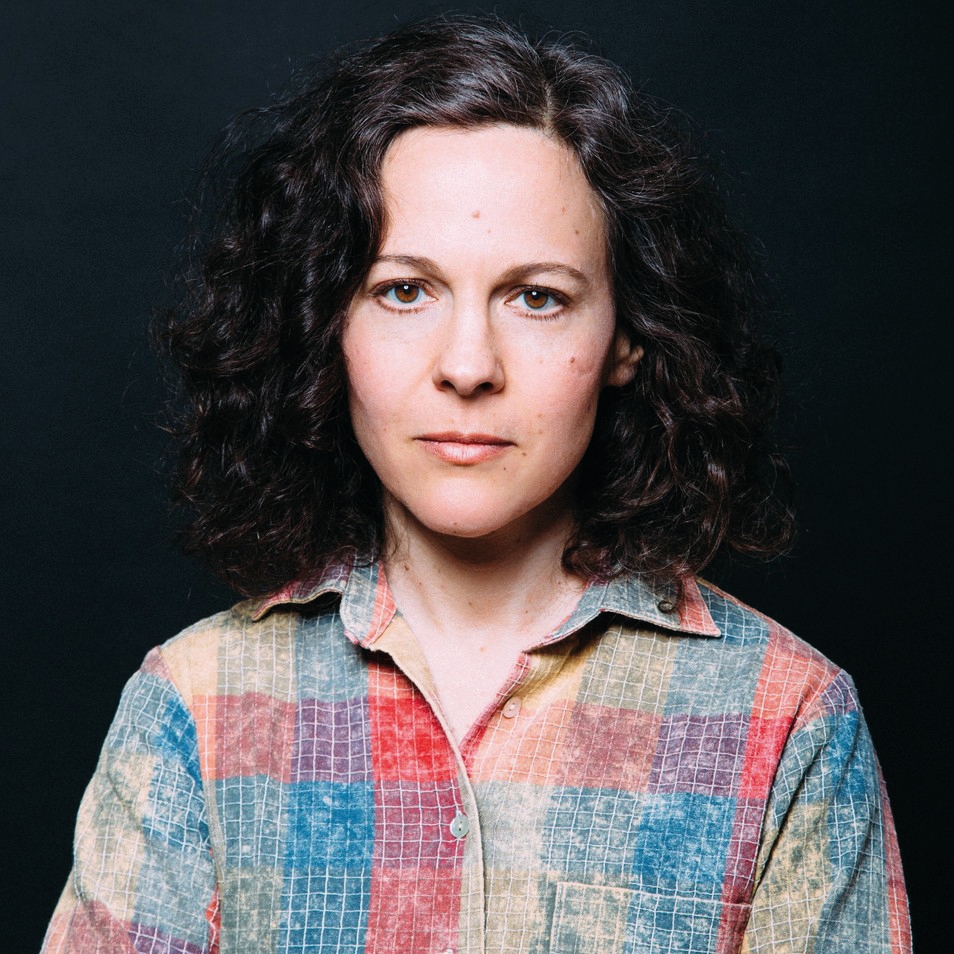The Heavens is Sandra Newman’s eighth book. It follows novels featuring, variously, sex addiction, Buddhism and a post-apocalyptic teen dystopia; a memoir; a handbook on how not to write a novel; and two irreverently erudite guides to the canon. The variety of these accomplishments indicates Newman’s roving and playful intelligence, together with a kind of wilful unpredictability and a deep engagement with literary forms and traditions. These qualities have attained a sublime height in The Heavens, a work of remarkable skill and invention, linguistic brio and righteous political intent, and one which gleefully defies categorisation.
‘Ben met Kate at a rich girl’s party,’ the novel begins. New York: August, the year 2000, solar-powered tea-lights on the terrace. Ben and Kate fall — sweetly, convincingly — in love. They discuss politics. Kate is an artist; Ben is ashamed of his energy-industry job. They are anxious about the world’s environmental distress; they have sex in loft apartments; they fight about their parents. Such familiar territory is swiftly undermined — this is not the year 2000 the reader will recall. President Chen is in power; she is a woman; there is talk of a Universal Basic Income. It is ‘the first year with no war at all, when you opened up the newspaper like opening a gift’.
Kate’s New York life is interrupted by dreams in which she is not Kate but Emilia, who lives in Longditch, London in 1593 — a plague year, with Elizabeth I in her fourth decade on the throne. In these passages, Newman elegantly and decisively changes register. ‘Prithee, come and light the fire, child,’ says Emilia. This cod-Shakespearean lexis would ordinarily cause me to hurl a book at the wall, but here it brings a surreal and fevered quality to Emilia’s sections of the novel, against which modern New York begins to seem not more ordinary but more strange. One begins to trust absolutely in Newman’s skill and to understand that no word or phrase has been placed without minute attention to its effects (lighting a fire, a maid ‘planted the twigs in the brightness with a delicate precision like legerdemain’).
Emilia knows that something is awry. She is ‘real’, but she contains Kate. She sees in the embers of the fire ‘a ghastly skyline… a jagged city of fire and cinders, a writhing apparition of a dead world’. Both Emilia and Kate begin to understand that some great catastrophe awaits, and that they must somehow avert it.
The novel grows bewitchingly complex. Its great achievement is to visit upon the reader the same half-swooning, half-anxious state in which Kate wanders the streets of New York. What seems at first a problem of time-travel reveals itself as something infinitely more labyrinthine: a matter of worlds within worlds, or worlds beside worlds, with their boundaries porous and their facts unreliable. Surprises reveal themselves, and once revealed take on a quality of inevitability, so that one feels foolish to have been fooled.
The use or uselessness of art is queried: did we ever, after all, need Shakespeare? Human frailty is interrogated, but never unkindly. At all times one is conscious of a strong guiding intelligence at work: of Newman’s profound concern for the world, for its politics, its threatened places — and above all for the humans bustling about, often hopelessly, in a pained confusion of love.
Playfully, it illuminates the tragedy of our age and of all the ages that precede it, and the hopeless nobility of trying to save the world. It is (and I should interject that I am not readily pleased, still less astonished) a truly astonishing work, capable of eliciting from even the most jaded reader both a kind of startled surprise and an unqualified admiration.






Comments